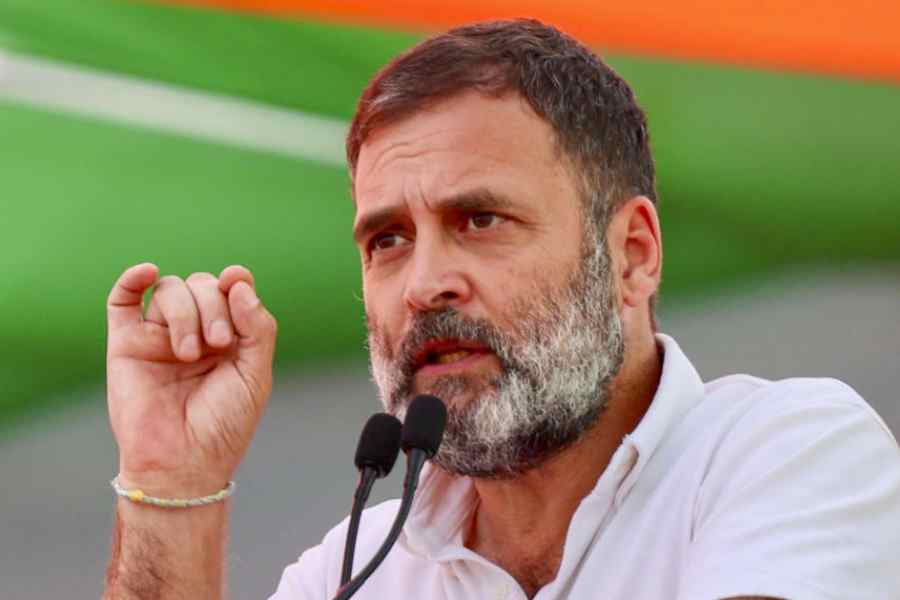“Broken Record — Temperatures hit new highs, yet world fails to cut emissions (again)”, the title of the recently released Emissions Gap Report 2023, should serve as the perfect wake-up call for world leaders who have gathered for CoP-28 that began in Dubai yesterday. The report found that the planet is heading for a temperature rise far above the Paris Agreement goal unless countries deliver more than they have promised. This is worrying because at present only four major economies — India, Indonesia, the United Kingdom and Switzerland — out of the 196 signatories to the pact are on track to meet the existing targets. Worse, instead of being cut by 8% annually, greenhouse gas emissions have grown by 1.2% from 2021 to 2022 globally. The indications are that the time may have already run out to restrict the rise in global temperatures above pre-industrial levels to 1.5° Celsius — there were at least 86 instances just this year of temperatures breaching the dreaded 1.5°C threshold — and that the world will heat by nearly 3°C by the end of this century. The implications are frightening. It has been estimated that 103 Indian cities, out of 197 across the world, will experience temperatures above 35°C for 150 days or more every year. The consequences on public health, agriculture, food security, economy and environment would be crippling. The onus is thus on developing economies like India to make their concerns count and push for greater contributions, both financial and technological, from industrialised countries. Replenishing the ‘loss and damage fund’ set up at CoP-27 for developing countries to be able to rebuild themselves in the event of a climate disaster should also be a priority: the fund remains empty. It would perhaps be a good idea to harness the Global South’s support for geostrategic issues to the first world’s willingness to address the bloc’s concerns on the climate change front.
CoP-28 itself is allegedly riddled with potential conflicts of interest. Leaked documents suggest that the United Arab Emirates is using the climate meetings to negotiate oil deals; Sultan Al Jaber, the president of CoP-28, is also the CEO of the Abu Dhabi National Oil Company. These portend tepid negotiations on climate action. But CoP-28 offers another opportunity for the world to engineer a sharp course correction on global warming. The conference must strive to live up to its declared goal of being a conclave that compels its signatories to take definitive action.










